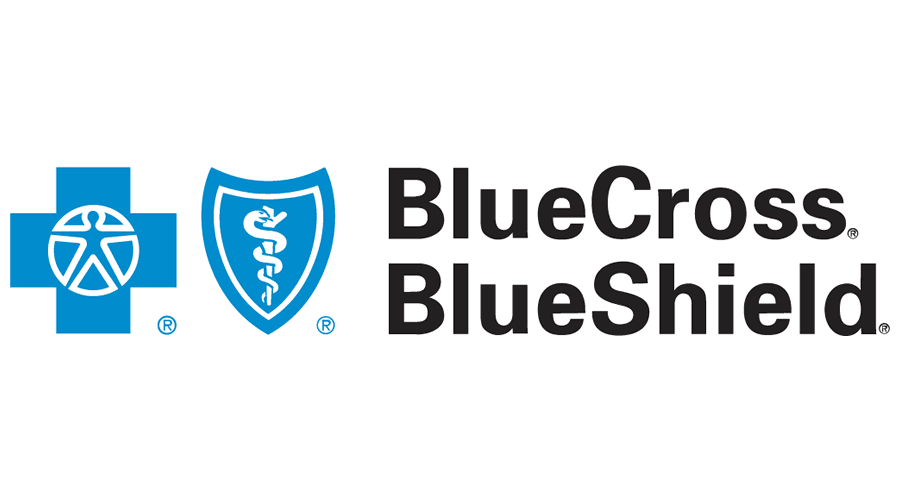 A herniated disc is a problem with discs or rubbery cushions that lie between the vertebrae. Sometimes it is called a slipped disc or ruptured disc. It occurs when some soft or jelly-like center is known as the nucleus pushing out through the tough, rubber exterior called the annulus. Many people experience symptoms of herniated discs.
A herniated disc is a problem with discs or rubbery cushions that lie between the vertebrae. Sometimes it is called a slipped disc or ruptured disc. It occurs when some soft or jelly-like center is known as the nucleus pushing out through the tough, rubber exterior called the annulus. Many people experience symptoms of herniated discs.
Causes of a Herniated Disc
Disc herniation is commonly the result of gradual, aging-related wear and tear. As people age, their discs mature less flexible, making it apt to tearing or breaking with just a little strain or twist.
Sometimes it is difficult to determine the cause of herniated disc. Using back muscles rather than the leg when lifting heavy objects can lead to herniated disc and twisting and turning while lifting. Rare situations like fall or blow to the back can also result in a herniated disc.
Can a Car Accident Cause Herniated Disc
Car accidents can lead to herniated disc and nerve damage – which is why you should see a Eden prairie Chiropractor. Disc and nerve injury are related, slipped or herniated disc can cause a pinched nerve, nerve impingement, chronic pain, and radiculopathy. It is common for people injured in a car accident to suffer from herniated discs. If not prevented, it can lead to pain, weakness, or numbness.
The vertebrae protect the nerves that connect the brain and the spinal cord. The spinal bones are divided by disks, barrier cushions that consist of a liquid substance. They protect the spinal column and put space within the bones in the spine. The disks enable movement between the spine, absorb shock when a person moves, and prevent physical trauma that may cause the disks to move out of place. Traumatic injury is a leading cause of disc displacement, one of the many car accident victims suffer.
The more serious an accident, the more severe injuries can be. However, some people experience herniated discs from minimal trauma. Victims of car accidents may not feel extreme pain right after the accident. They may feel the full extent of pain later as it slowly worsens.
Usually, the patient’s herniated disc cannot be identified in the emergency room because tissues like spinal discs are not visible on X-rays. MRI or magnetic resonance imaging scan is needed to determine an accurate diagnosis.
Victims of a car accident who suffer from herniated or ruptured disc should seek legal representation to ensure you will be fully compensated for your auto accident injury. Your personal injury attorney will help you receive full and fair compensation as sometimes insurance companies don’t want to pay large amounts for these injuries. Simultaneously, having an experienced trial lawyer familiar with these types of claims will maximize your recovery from your disc injury.
Is a Herniated Disc Considered a Permanent Injury
Pain caused by herniated disc usually goes away on its own for weeks or months. It does not cause permanent damage to the spine or nerves. It can occur in any part of the spine, but it often occurs in the lower back or the lumbar and the neck.
Herniated discs are sometimes referred to as herniated discs, slipped discs, ruptured discs, bulged discs, and disc protrusions. Disc injuries are painful and permanent that may require full medical attention and expensive medical treatment. It can result in impairment and lifetime pain. If left untreated, it can impair a person to the point that you cannot work or you have to change your line of work.
Chiropractic has been proven to be an effective treatment for herniated disc and its associated pain. Herniated disc injuries are painful and permanent injuries that may require costly medical procedures. In some cases, a herniated disc can heal on its own within a couple of days or weeks and completely heal in approximately six months. While it can be managed by physical therapy, injections, and removal and fusion of the vertebrae, a chiropractor can help address back pain and other disc injury symptoms.
For some people, they need to undergo surgery and physical therapy. But some people never fully recover even after surgery.
Chiropractic Care and Herniated Discs
Chiropractic care is a non-surgical treatment option for herniated discs. A herniated disc can happen to anyone, regardless of age or gender. Sharp pain in the back or neck is the most common symptom, but some don’t feel any. To determine if you have a herniated disc, its location, and severity, you should see a specialist to have yourself examined. Your chiropractor may recommend you to undergo some diagnostic tests to learn more information about your condition.
Medical History
Your medical and family history will help your chiropractor to know if the herniated disc is the one that causes your symptoms. You will be asked for detailed information about how you feel, the pain, location, and whether you feel it suddenly after an accident or it occurred gradually. It is important to tell about your previous or current medical conditions, if you are taking medications, or had spinal injuries before. This information will help in establishing the source of your symptoms.
Physical Exam
Your chiropractor will perform a thorough physical examination to find and determine the cause of your symptoms. It includes manipulating your legs and arms in different positions to examine if the back pain to the limbs and pressing against the spine to check for tenderness.
Neurological Evaluation
A neurological evaluation may be conducted to find if nerve damage contributes to the symptoms. Nerves travel through the body that affects muscles in determining patterns that can guide the doctor to match abnormal physical responses with specific nerves. Physical weakness may also indicate that herniated discs compress a nerve.
Xray
An X-ray will be recommended to see your vertebrae surrounding a herniated disc. If the disc slips out of place, you can see from the X-ray result that there is a shrunk space between vertebrae. Without the disc that acts as a cushion, the vertebrae may also appear unstable. Through x-ray, you can see the change in the height of the disc space or a difference in the vertebrae position, but the herniation itself is not visible.
MRI Scan
An MRI scan is used to get a closer view of the vertebrae, discs, the surrounding tissues, spinal cord, and other affected nerves.
Your chiropractor will evaluate your entire spine and ask you important questions to determine if your nerves are sending correct messages if there are signs of loss of muscle strength or loss of sensation. If your chiropractor finds out that you are not a good candidate for a certain type of chiropractic treatment, you will be immediately referred to the right medical care.
Do You Ever Fully Recover From a Herniated Disc
Often, a herniated disc can heal on its own over time. An individual suffering from this condition has to be patient and should strictly follow a treatment plan. If symptoms persist or do not get better after months, you should talk to your healthcare provider about surgery. However, surgery is usually not necessary.
With herniated discs, you may not be able to perform properly at your job or do many tasks. You cannot work in construction, warehouse jobs, manufacturing since these jobs require the person to reach, lift, and carry. Limited mobility and pain due to herniated disc will make those activities impossible.
Can You Still Work With a Herniated Disc
Due to the severity of the slipped discs’ pain, it can impact your ability to work. Herniated discs may cause impairing pain that radiates down the legs. The numbness and tingling can limit your mobility and ability to stand or sit in the same position for an extended period. You may have a hard time doing tasks, such as bathing or dressing. You may also need a cane or walker to be able to walk or a wheelchair. At the same time, the pain, tingling, and limited mobility will keep you from lifting, carrying, reaching, and your ability to maintain your job.
There are several kinds of surgeries for herniated discs. Getting surgery will allow you to return to work within four weeks. Among all surgeries, the most severe one is spinal fusion, wherein the patient is required to be hospitalized for a few days. This procedure will require a longer healing time.
The Bottom Line
In many cases, a herniated disc does not require treatment and heals on its own. But who would want to experience pain every time they move any body parts, especially their neck, back, arms, and shoulders? See a chiropractor as soon as you feel any of these symptoms mentioned.








